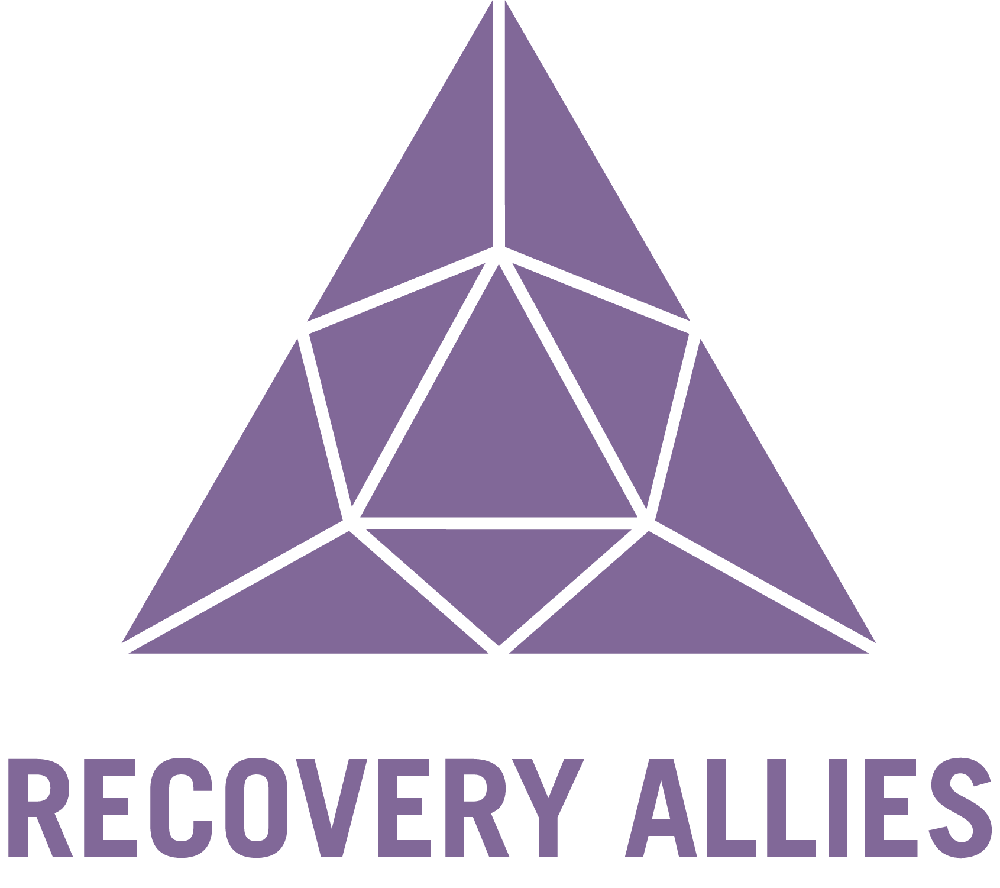Safe Passage: What Is It?
The process of getting help for a loved one, no matter your means, can be daunting. If you have no previous experience seeking rehabilitative services, there is a lot of self-education required to make sure you understand the process. Most of us have heard of drug interventions or have seen them in television and movies. But one of the key roles in a successful intervention is performed by someone other than the interventionist. And today that’s what we’re going to discuss. What is Safe Passage?
First off, let’s answer question one. Safe Passage is a highly supervised trip, usually by plane but occasionally by other means, where your person of concern travels with a certified recovery professional to insure accountability and successful check-in at the awaiting treatment facility. This can also be used in instances where someone currently in treatment leaves for a short time for a for a special event or a work obligation. Safe Passage can ensure that the person of concern is able to meet their commitments while maintaining sobriety.
So how does a Recovery Specialist work in the process and why do I need one?
Typically, a recovery specialist will attend an intervention with the interventionist. Once the intervened party accepts help, it is the job of the recovery specialist to help the person of concern prepare for their trip ( i.e. any last-minute packing can be done, etc.) Once ready, the recovery specialist and person of concern will head directly to the airport. From that point on, it is the specialist’s job to ensure that the person of concern arrives on time to the treatment personnel who are expecting them.
In short, a recovery specialist provides round-the-clock supervision and consultation until your person of concern has been safely delivered to treatment. So why do you need Safe Passage? Can’t you just take your son/daughter/mom/dad/friend/uncle, etc. to treatment yourself?
We strongly discourage this. The reasons are simple and very important. Family dynamics can be incredibly triggering to those battling substance abuse disorder. Though your intentions are very good, you may be someone who triggers the person of concern, due to the personal nature of your relationship to them. When accompanied by someone who is invested in their success but not emotionally attached to the outcome, boundaries are easier to enforce and the Person of Concern is far less likely to attempt to manipulate or change the plan.
In addition to supervision and accountability, the recovery specialist communicates directly with the destination facility to coordinate smooth and successful check-in. In some cases, when a late arrival means that an overnight stay is required before treatment check-in, the recovery specialist will stay with the person of concern and continue to provide coaching and stability until check-in is complete.
How do I learn more about Safe Passage?
More likely than not, your interventionist will know who to refer you to for Safe Passage. Recovery Allies and other companies in our field have a roster of certified, qualified professionals on standby for just these types of tasks.
Conclusion
A successful intervention doesn’t end in a room full of family and friends. It ends at the destination facility with a successful check-in. There are typically hours and sometimes days between the time someone agrees to get help and the time they actually begin to receive it. Recovery specialists ensure that those accepting help remain committed to it until they can be officially enrolled in substance abuse treatment.
Send a message to schedule a free 30-minute consultation today.

